165 MILES LATER: UINDY STUDENTS, FACULTY WALK THE CAMINO DE SANTIAGO
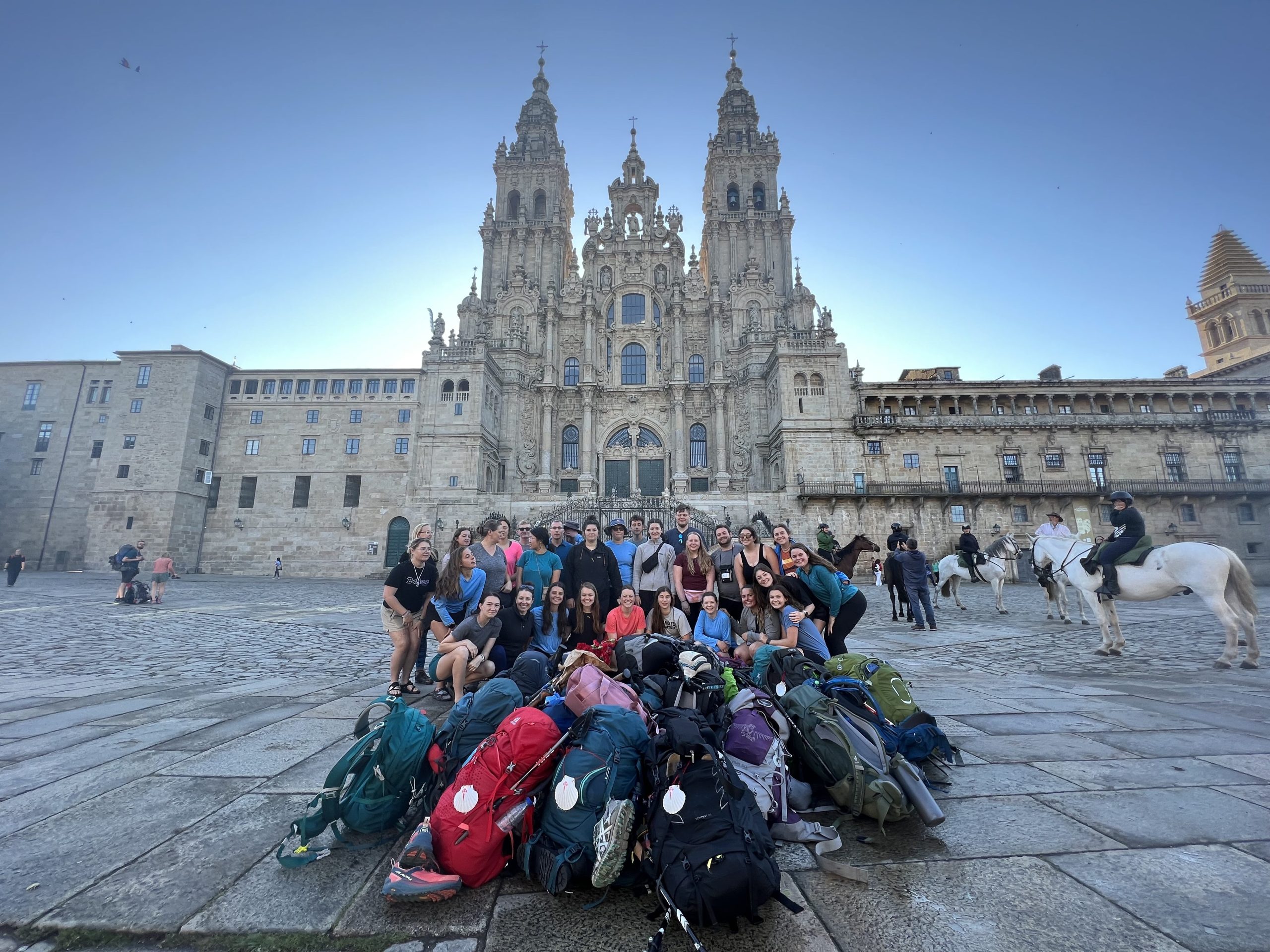
Students, faculty and staff from UIndy traveled to Spain for Spring Term 2022 to embark on a spiritual pilgrimage known as the Camino de Santiago.
The Camino de Santiago is a Catholic tradition dating all the way back to 812 A.D. Pilgrims from all over the world travel to Spain and walk or bike to St. James Cathedral in Santiago de Compostela.
This year, about 30 Greyhounds spent two days sightseeing in Leon before heading to Astorga to officially begin the pilgrimage. From Astorga, they would walk 165 miles to St. James Cathedral. While 165 miles may seem intimidating, the path is dotted with small villages where pilgrims can rest, resupply and get to know one another.
“The farthest anyone goes between villages on our trip is about four and a half or five miles,” explained Dr. Jeremiah Gibbs, University chaplain and spiritual director for the trip. “You can resupply throughout your day which makes it super easy from a logistics standpoint. For our Spanish students, it is really great because they’re getting a chance to practice real-world-use of the language in an environment where somebody is also going to know English, just in case.”
But you don’t have to be a Spanish major, or even Catholic, to enjoy the Camino de Santiago. Students are given individualized assignments and readings to enhance their understanding and experience of the Camino. The pilgrimage is about self-growth, something everyone can achieve, regardless of background.
“We say a spiritual pilgrimage is a journey to a holy place,” Dr. Gibbs said. “I think many folks interpret the Cathedral of St. James as the holy place, but oftentimes, the holy place is a place of deep community, community that they maybe don’t find in other places, but because of the unique community that happens around this. For others, it’s solitude in nature, walking through the mountains and being alone when they’re doing that. And for others still, the holy place is taking on a physically-demanding challenge like this and finishing. My goal is that folks, during this time, make a journey to a holy place and that they can find some sacredness in something that they’ve done on that journey.”
For those students who are interested in the religious aspects of the Camino, Dr. Gibbs would lead vesper prayers, which are traditional prayer liturgy that happens in Christian communities at the end of the day. One of Honors College student, Torie Potters’ ‘25 (Human Biology, pre-occupational therapy) best memories comes from this prayer group.
“When we got to St. James Cathedral, we were sitting in the plaza, having our prayer devotional time,” Torie said. “During this time, we would also sing worship songs, and we started singing, ‘Amazing Grace.’ It was just, it was amazing. I got goosebumps, and it’s literally one of the best memories I have from the trip.”
The Camino de Santiago also has rituals that are customarily performed at key points in the journey. One such ritual is the laying of stone, brought from the pilgrim’s home, at the base of the Cruz de Ferro, an iron cross that stands at the highest peak on the Camino. As spiritual director, Dr. Gibbs helped prepare students for this cathartic experience.
“Sometimes the rocks will have the name of somebody who’s passed away or they’ll have a trauma that they have experienced written on them,” Dr. Gibbs said. “And the pilgrims are being called to leave that burden at the cross. I know that there are people thinking about their lost loved ones over this time period, or they’d look at other kinds of losses, but a number of people talked about the way that this was cathartic just as a way of getting rid of or being done with the pandemic.”
Thankfully, the world is adjusting to a new normal, allowing international travel to recommence. Dr. Gibbs is already looking forward to the 2024 UIndy-led Camino de Santiago trip and encourages both students and faculty to join.
“I think my biggest advice is to know what you’re getting yourself into and decide whether it’s for you. This is not for everyone,” Dr. Gibbs said. “You really have to have a desire and a want for it for yourself.”
If the idea of walking 165 miles in 22 days seems daunting to you, you’re not alone.
“I think a lot of people get intimidated by the distances because they’ve never done this before, but anybody can do this,” encouraged Dr. Gibbs. “The phrase that I often say is, ‘if you can take one step then you can probably take one mile. If you can go one mile, you can probably go five and if you can go five, you can probably walk the Camino.’”
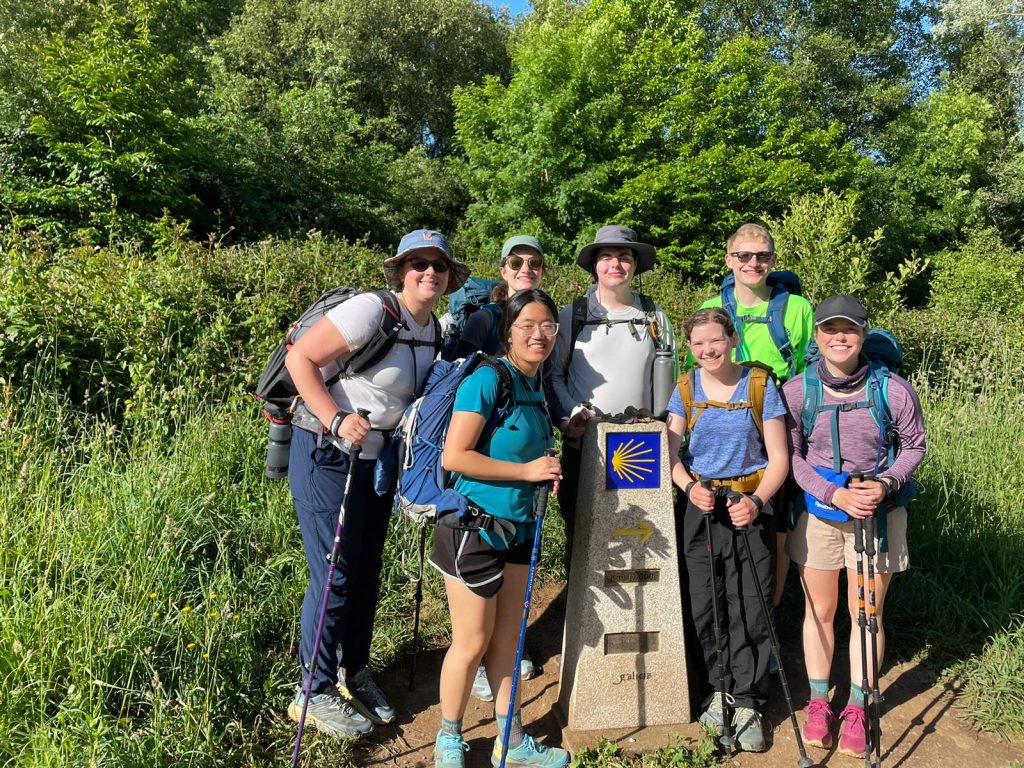
And the physical challenge made the journey that much more impactful for Honors student Anna Becker ‘24 (Exercise Science).
“I chose to participate in the Camino de Santiago because I wanted to grow in my faith, experience a new culture, and try something I had never done before,” Anna said. “And my favorite memory from the trip was when my hiking group iced our legs in a river after one of our hardest hikes.”
“I was very concerned about walking 165 miles,” Torie said. “I grew up as an athlete, but I’d never done 165 miles up and down through rough terrain with 20 pounds on my back. So that was a challenge in and of itself, but it was a very rewarding challenge and I’m glad I did it.”
Now that she’s successfully completed the pilgrimage, Torie reflects on how impactful the experience was: “You connect with people in a different way than you would like in any other experience. You experience God’s beautiful creation in a super eye opening way. And knowing that you can do hard things is very important. Like that was something that we continually said the entire trip was, we couldn’t do hard things. Dr. Gibbs would always tell us, ‘You go through hard things in life all the time,and you’re going to continue to go through hard things.’ So walking is just a reflection of that.”
Torie and Anna are thankful to the Ron and Laura Strain Honors College for sponsoring the trip and fully-funding their participation, as well as the participation of the 15 other Honors College students who attended.
“Travel was critically important for our benefactors, Ron and Laura Strain,” said Dr. James Williams, executive director for the Honors College. “They understood how important being able to see the world is to one’s own sense of learning, one’s own sense of understanding one’s place in the world, and how humility and learning comes out of those experiences. I was really pleased that every single one of our students was able to be fully funded for the trip.”
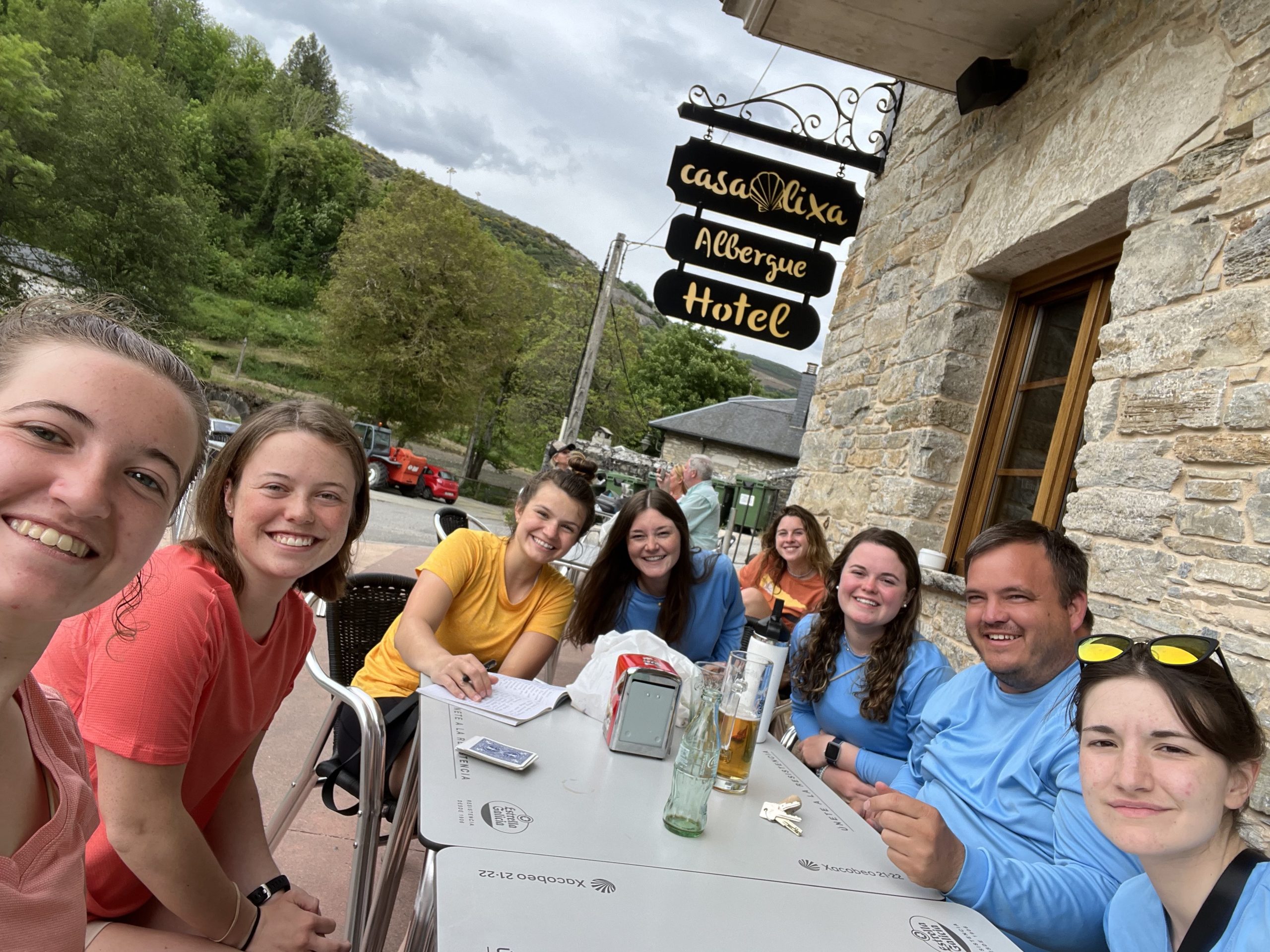
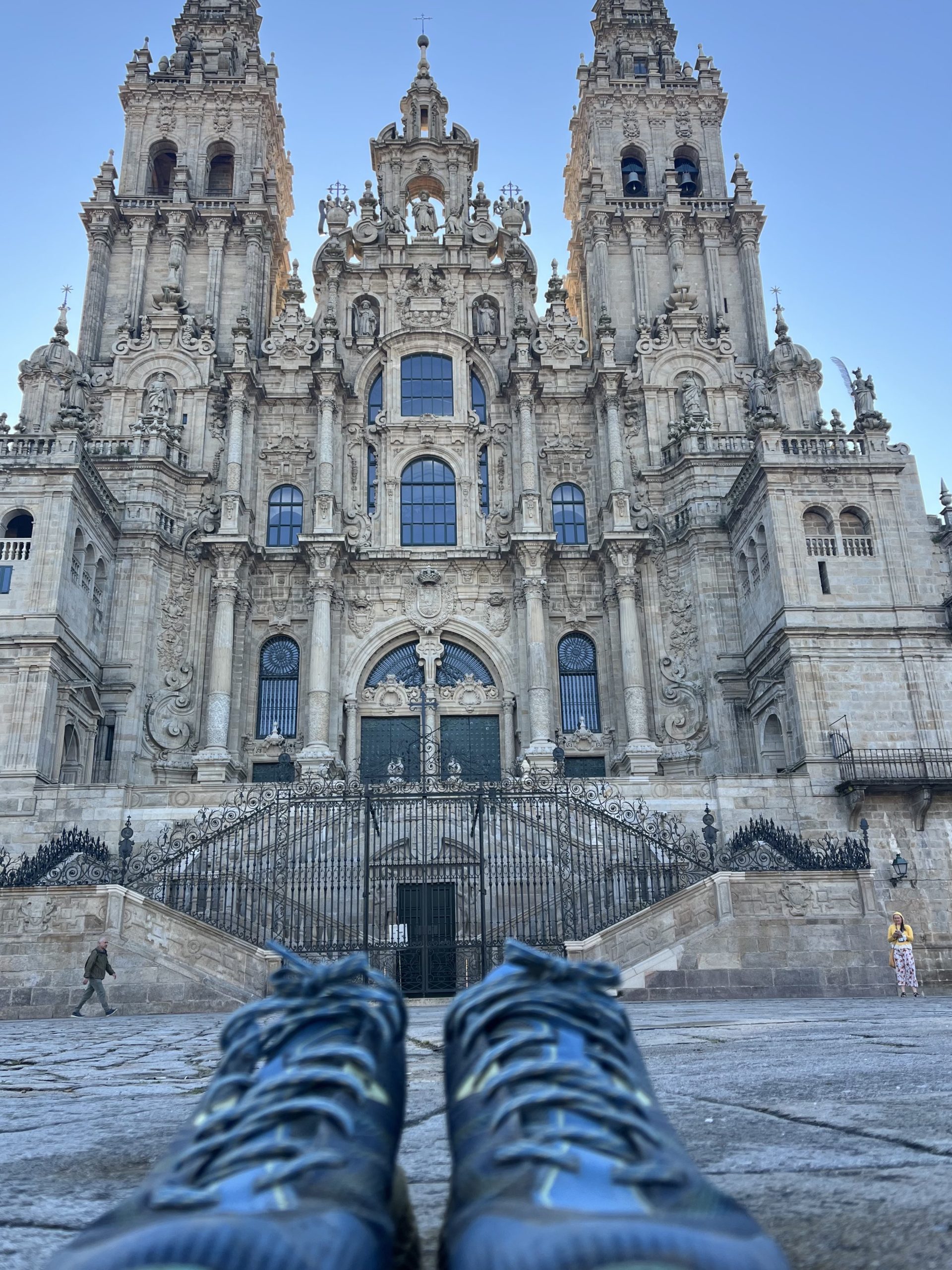
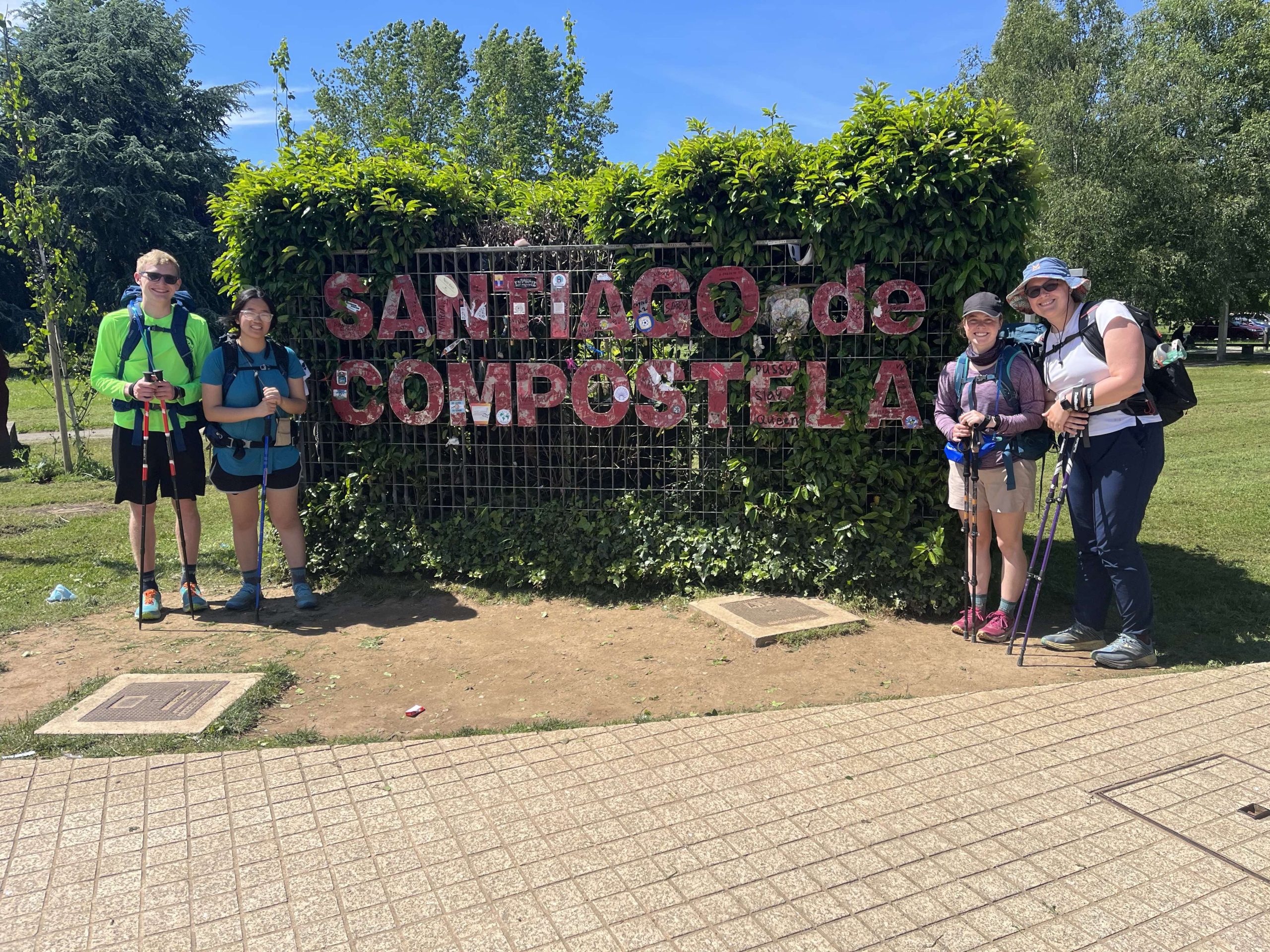
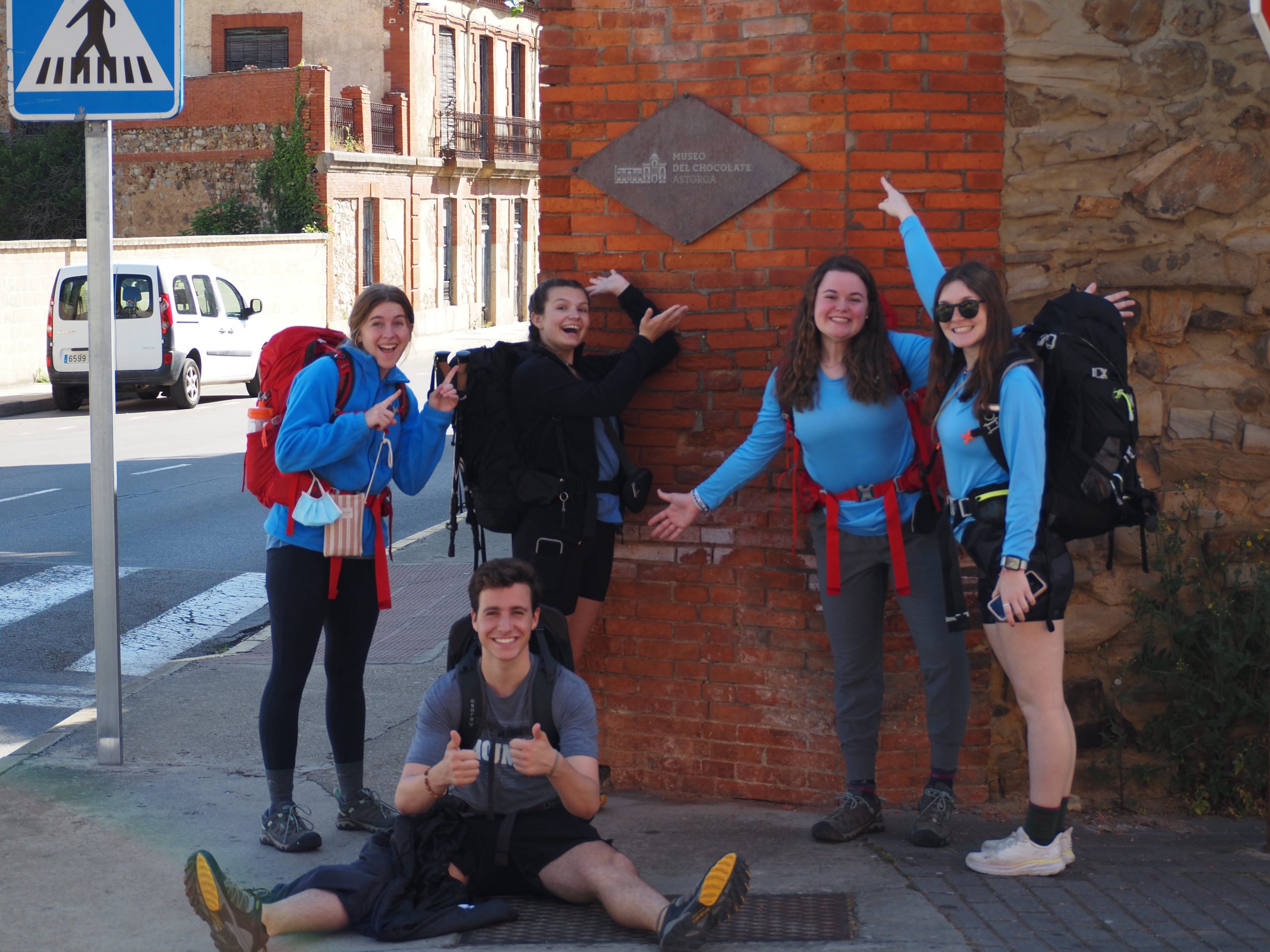
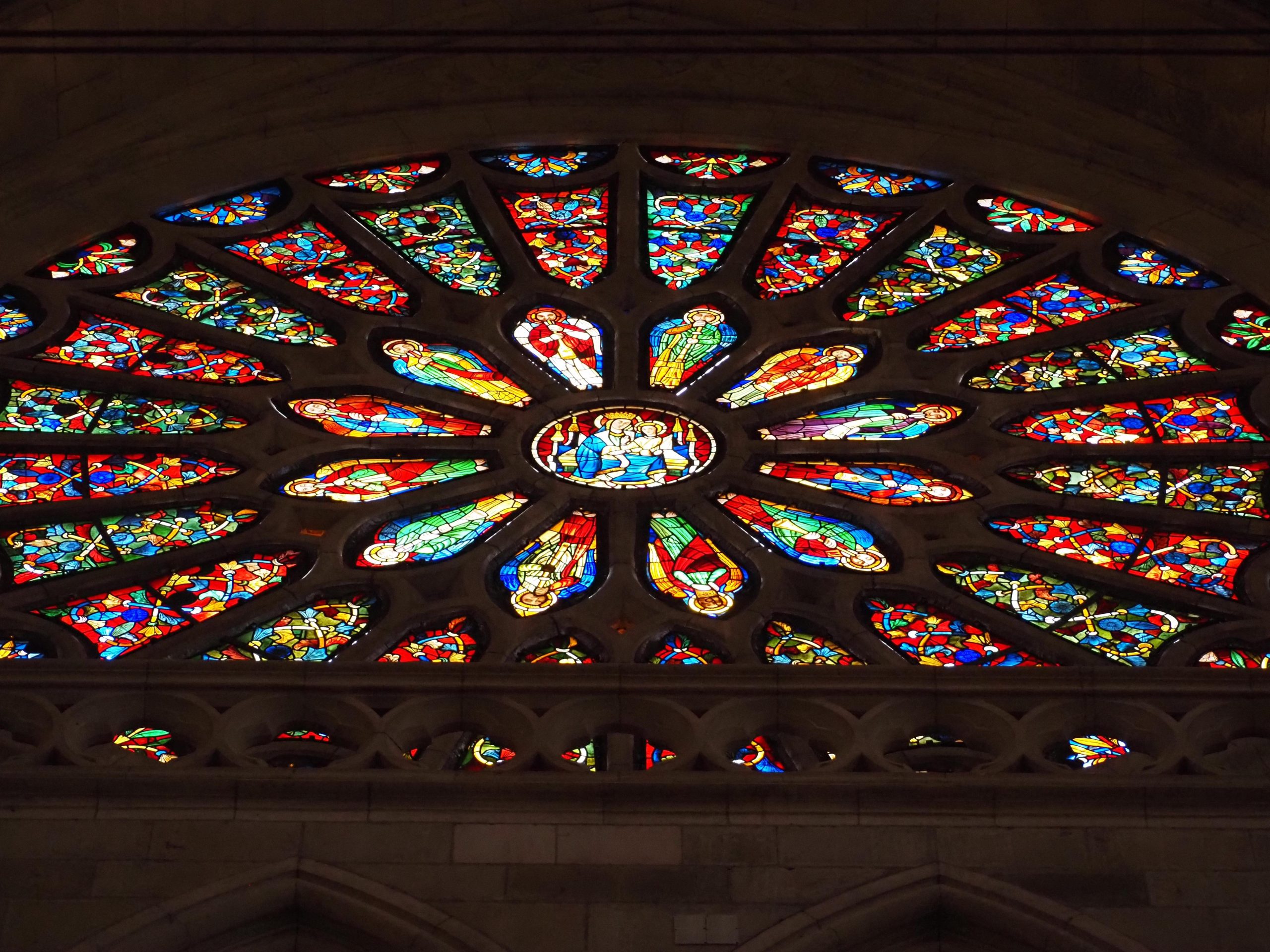
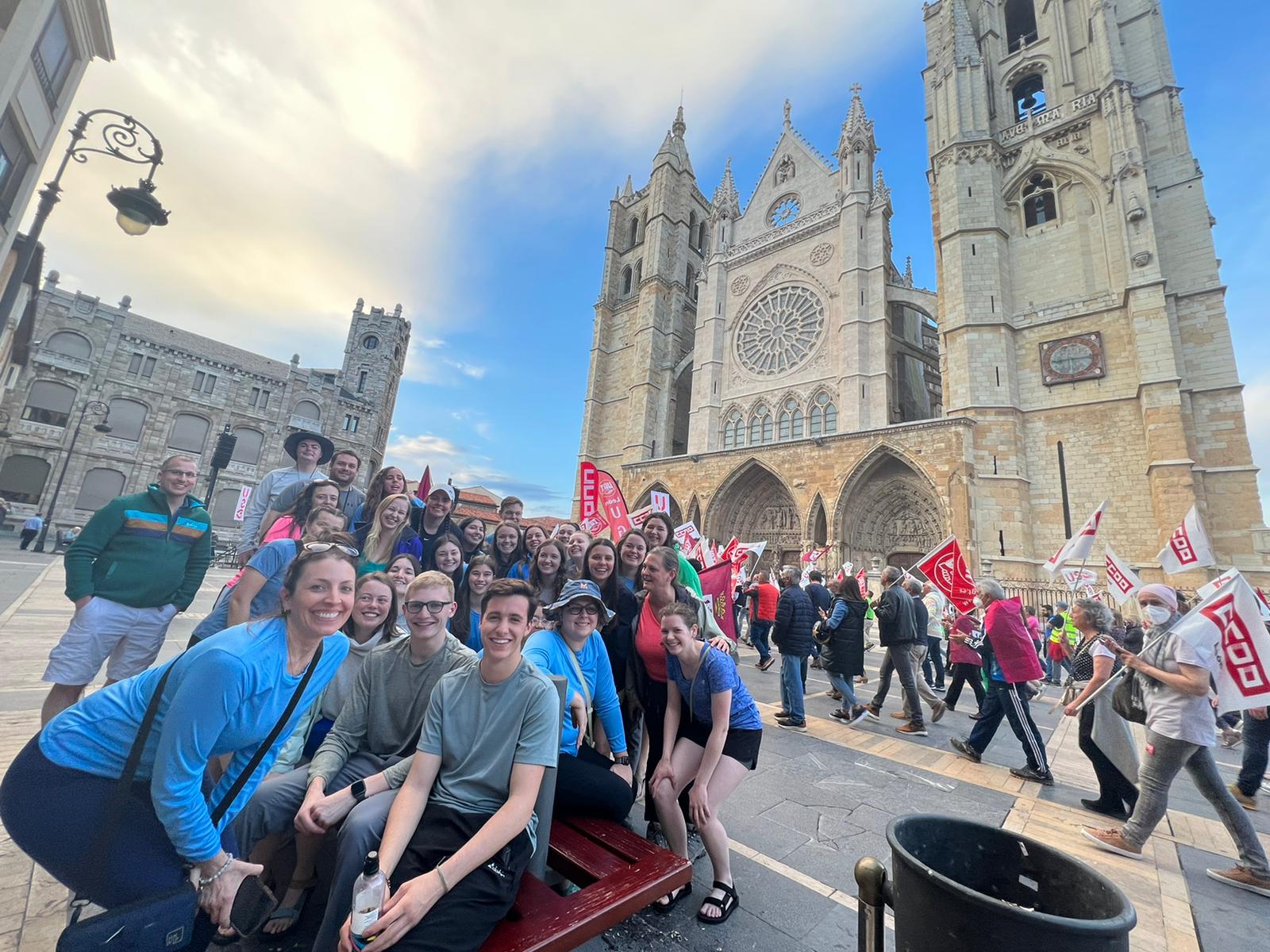
Students and faculty interested in joining future UIndy-led trips, including the recurring Camino de Santiago, are encouraged to explore their study abroad options online and to contact the study abroad advisor to start planning!
